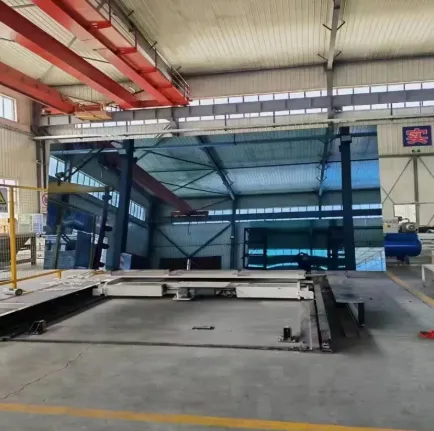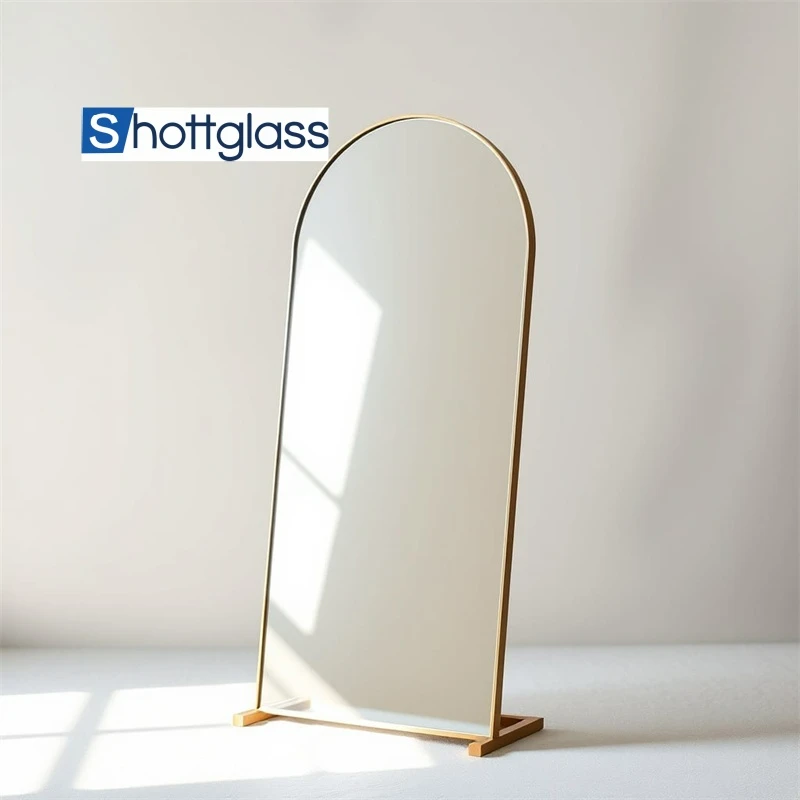Jun . 24, 2025 14:27 Back to list
Low Emissivity Glass for Energy-Efficient Architecture
ShottGlass, a leader in advanced architectural glazing, proudly offers a complete range of low emissivity glass solutions designed to enhance thermal efficiency, minimize energy costs, and support modern green building standards. Developed through state-of-the-art coating technology, ShottGlass’s low emissivity glass collection provides unmatched clarity, insulation, and durability—making it a smart investment for commercial and residential projects alike.

What Is Low Emissivity Glass and Why It Matters in Modern Construction
Low emissivity glass, commonly referred to as low emissivity low e glass, is a high-performance glazing product designed to reduce the transfer of heat through windows and facades. Emissivity refers to a material's ability to emit infrared energy (heat). Standard glass typically has high emissivity, meaning it absorbs and transfers a significant amount of heat. In contrast, low emissivity glass features a microscopically thin metal or metallic oxide coating that reflects infrared radiation while allowing visible light to pass through.
This invisible coating is the key to its energy-saving performance. It acts as a thermal shield that minimizes heat exchange between the interior and exterior environments, helping to maintain indoor temperatures more efficiently. As a result, buildings remain cooler in the summer and warmer in the winter—greatly reducing dependence on air conditioning and heating systems.
ShottGlass applies this coating with industry-leading precision, ensuring that every pane of low emissivity low e glass delivers consistent performance, optical clarity, and long-term reliability.
How Low Emissivity Glass Minimizes Heat Transfer
The secret to the thermal performance of low emissivity glass lies in its ability to manage solar energy. When sunlight hits a window, it contains visible light, ultraviolet (UV), and infrared (IR) radiation. While visible light is welcome for natural illumination, UV and IR rays are the primary contributors to heat gain and fading of interiors.
ShottGlass low emissivity glass coatings are engineered to selectively reflect infrared radiation and absorb minimal solar energy, thereby reducing heat transmission without compromising brightness. During summer, it reflects external heat away from the building; in winter, it reflects internal heat back into the room. This dual-direction insulation is essential for year-round energy efficiency.
Compared to conventional glass, buildings fitted with low emissivity low e glass enjoy significantly lower HVAC costs. This performance also supports green building certifications and eco-conscious architectural goals.
Exploring Different Types of Low E Glass for Specific Needs
ShottGlass manufactures several types of low e glass, each suited for different performance needs, climates, and building types. Common variations include passive and solar control coatings. Passive low emissivity glass is ideal for colder climates because it helps retain interior heat, while solar control versions are optimized for hot regions, where the focus is on reducing solar heat gain.
In addition to climate-optimized variants, our types of low e glass include single-silver, double-silver, and triple-silver coatings. Each level increases the ability to control IR radiation and improve visible light transmission. Architects and builders can select the version that best balances light, insulation, and cost.
We also offer tinted and laminated options to pair energy performance with privacy or additional safety. Whatever your design priorities—thermal insulation, daylighting, or UV protection—ShottGlass provides expert consultation and bespoke fabrication of high-performance low emissivity low e glass.
Industry Applications and Benefits of ShottGlass Low Emissivity Glass
Today, low emissivity glass is a cornerstone in the construction of energy-efficient buildings across all sectors. ShottGlass’s advanced low emissivity glass is widely used in skyscrapers, educational institutions, luxury homes, government buildings, and retail storefronts where energy efficiency and visual comfort are priorities.
In residential settings, our low emissivity low e glass improves thermal comfort while reducing UV exposure that can damage furniture and flooring. For commercial projects, the technology supports sustainability benchmarks and dramatically reduces operating costs.
Because the coating is so thin and neutral in appearance, it does not affect the aesthetic quality of the window or glass curtain wall. This makes ShottGlass’s types of low e glass ideal for projects that require both design integrity and energy performance.
Despite the high-tech nature of the product, ShottGlass remains committed to offering competitive low emissivity glass cost options. By maintaining a fully integrated production process, we can ensure top-tier quality while remaining cost-effective for projects of all sizes.
Low Emissivity Glass FAQs
What is low emissivity glass and how does it work?
Low emissivity glass has a special coating that reflects infrared radiation while allowing visible light through, significantly reducing heat transfer and improving energy efficiency.
What are the main types of low e glass available?
ShottGlass offers passive and solar control types of low e glass, as well as single-, double-, and triple-silver coatings, tailored for various climate and performance needs.
How much can I expect to save with low emissivity low e glass?
While savings vary by building size and climate, users can reduce heating and cooling bills by up to 30% annually when switching to low emissivity low e glass.
Is the low emissivity glass cost higher than regular glass?
Yes, the low emissivity glass cost is higher initially, but it pays off quickly through energy savings, lower utility bills, and extended HVAC system life.
Where can low emissivity glass be used?
It is ideal for residential windows, commercial facades, skylights, sunrooms, and any space where thermal insulation, comfort, and energy efficiency are valued.
-
Types of Reflective Glass
NewsNov.17,2025
-
What Is Dichroic Glass?
NewsNov.17,2025
-
Smart LED mirrors can have touch controls
NewsNov.17,2025
-
Laminated glass improves energy efficiency
NewsNov.17,2025
-
Insulated glass enhances building comfort
NewsNov.17,2025
-
Acid etched glass offers elegant privacy
NewsNov.17,2025
Related PRODUCTS














